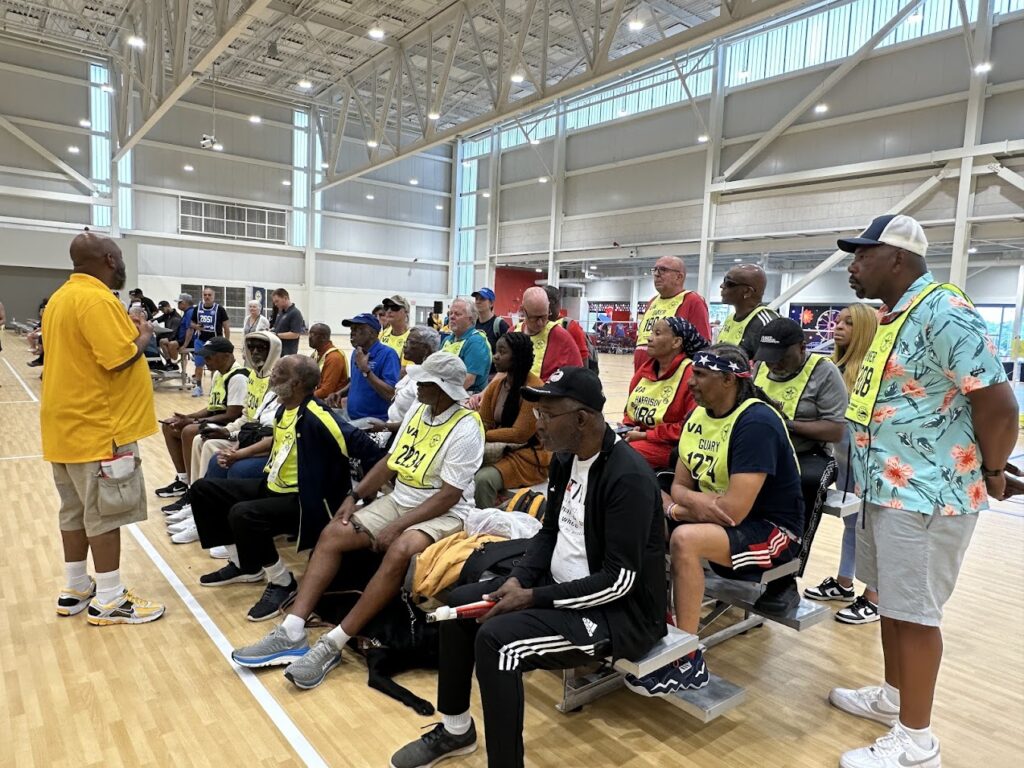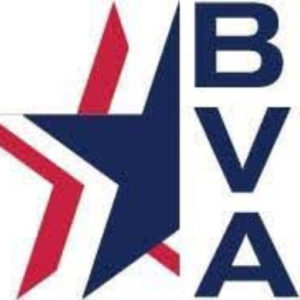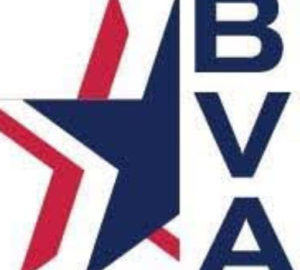BVA Administrative Coordinator Michaun Harrison attended last week’s Golden Age Games. Michaun offers some thoughts about the Games and the benefits to veterans with sight loss.
Adaptive sports play a critical role in enhancing the lives of blind and visually impaired veterans by providing opportunities for physical activity, competition, and community engagement. These activities help veterans regain confidence, independence, and a renewed sense of purpose. Through structured programs like the National Disabled Veterans Golden Age Games (NDVGAG), veterans can challenge their limits in a supportive environment.
For those who have experienced vision loss, adaptive sports become a gateway to physical health and mental well-being, empowering them to continue living active, fulfilling lives.
NDVGAG, held last week (May 30-June 6, 2025) in Memphis, Tennessee, for the 39th time, was a landmark event that underscored the value of adaptive sports. With more than a thousand veterans in attendance, this was the largest turnout in the history of the games. This record-setting number demonstrated the growing interest and impact of these inclusive sporting opportunities.
Originally, about a hundred blind and low vision veterans registered to participate, a testament to the increasing awareness and accessibility of adaptive sports. However, around 33 percent canceled prior to the event, highlighting the ongoing need to address barriers to participation such as transportation, confidence, or lack of awareness.
Despite these challenges, blind and visually impaired veterans were successfully integrated into various sports, including cornhole, Boccia, shuffleboard, basketball free throws, horseshoes, air rifle, fishing, swimming, power walk, and archery. In addition, fishing, bowling, kayaking, and powerlifting (bench press and deadlift) exhibitions provided inclusive experiences for all. These sports are more than just physical activities. They are also vehicles for social connection, mental healing, and personal growth.
Increasing the number of low vision and blind participants, particularly women and veterans aged 55-64, is essential to fostering a more dynamic and representative competition field. It also ensures that these veterans do not have to compete solely among themselves but can engage more broadly across classifications.
Participation in the Golden Age Games instills a deep sense of pride and accomplishment among veterans. The spirit of these games is not about winning or losing in the traditional sense, but about striving, showing up, and celebrating progress. Every veteran leaves the host city with their head held high, regardless of placement. At these games, there are no losers, only last-place champions! This mindset transforms lives, proving that even in the face of adversity, we see resilience, camaraderie, and determination prevail. Adaptive sports activities for blind and visually impaired veterans are not just events, they are essential lifelines for continued service, strength, and success beyond the uniform.




